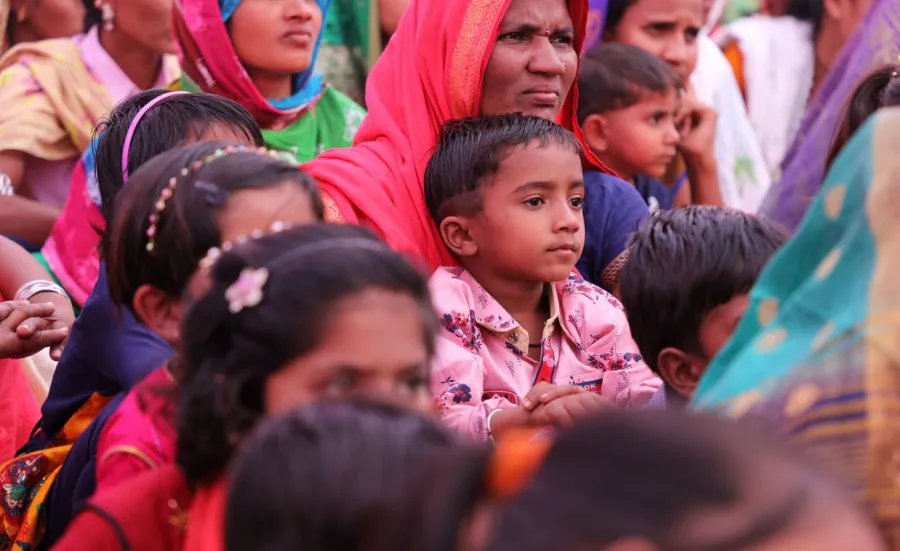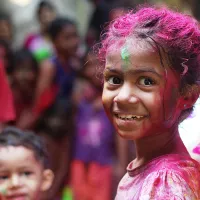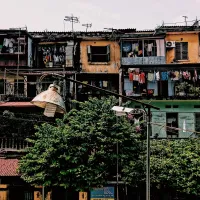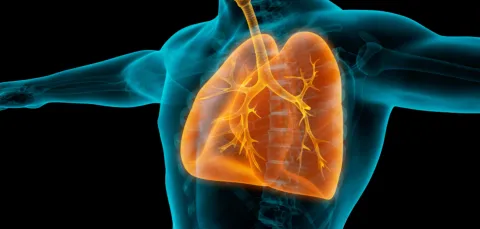Southampton researchers are working with academic colleagues in India and Norway and with the World Health Organization (WHO) to reduce avoidable deaths in newborns and expectant mothers. They're assessing the effectiveness of a group of specially trained health workers and new neonatal units.
Analysing the health measures
Global health academics, Professors Sabu Padmadas and Zoë Matthews are leading the scientific assessment.
They visited the districts where the initiative has been rolled out and are working closely with healthcare professionals. They found that the measures are having a positive impact.
They're also feeding back where services have room for improvement and sharing the practices that are working well with organisations including the WHO.
Sabu, Zoë and colleagues analysed:
- government data
- focus groups
- healthcare provider’s knowledge
- India’s national family health survey
The analysis was commissioned by the Norwegian Agency for Development Cooperation and the Indian government.
Maternal health rates
According to UNICEF data, globally around 800 women die every day from preventable causes relating to pregnancy and childbirth. 1 in 5 of these women are from India.
To tackle this problem the Indian government introduced:
- health worker training to support pregnant women
- specialised neonatal units for preterm and sick babies
“In some northern states of India and many other developing countries, unhygienic conditions and lack of access to skilled care at birth substantially increase the risk of neonatal and maternal mortality. Promoting quality institutional care during childbirth is vital.”
Professor Padmadas
Improving rural care
The measures themselves are part of the Norway-India Partnership Initiative. They’re designed to improve child and maternal health in rural parts of India by increasing the use of care within a hospital setting during childbirth.
The government has trained over 40,000 women as front-line health workers in 13 districts of India. These Accredited Social Health Activists (ASHAs) support women by:
- making sure they get the right antenatal care
- accompanying them to hospital during childbirth
- advising them on topics including breastfeeding, infant nutrition and immunisations
So far, the health workers have:
- made around 1 million home visits to support pregnant women
- given home-based care to over 700,000 children under 1 year old
“We’ve seen that the ASHAs have a positive impact on health in local communities; they’re trusted and well known by the families, which is notable in rural India, where women traditionally have a low status.”
Professor Padmadas
Next, the team will focus on applying geospatial techniques. They want to map availability and access to maternal and newborn healthcare in remote districts.









